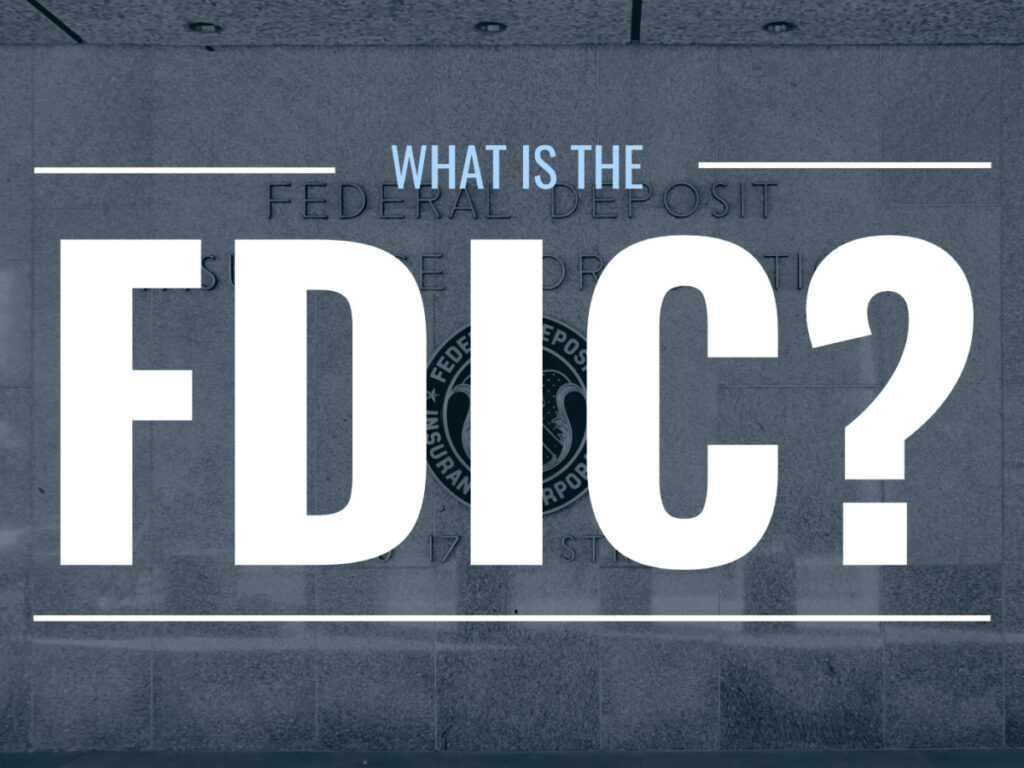Have you gone to the bank lately? If you’ve made a deposit you may have noticed that the bank insures up to $250K. You might have given some thought to it, on how banks make money that is, and the reliability of banks returning your deposit. If you recall the crisis with Silicon Valley Bank then you will remember that banks sometimes fail unexpectantly. We want to learn more about the financial institutions that secure our savings. This will help us with our wealth creation and management. A bank that is a FDIC member insures up to $250,000 for deposits.
The Federal Deposit Insurance Corporation (FDIC) is an independent agency created by Congress to maintain stability and public confidence in the nation’s financial system. The FDIC insures deposits; examines and supervises financial institutions for safety, soundness, and consumer protection; makes large and complex financial institutions resolvable; and manages receiverships.
FDIC insurance is backed by the full faith and credit of the United States government. Since the FDIC was established in 1933, no depositor has lost one penny at FDIC-insured accounts.
One way to limit exposure to risk while you’re building your wealth on a limited salary is to understand that up to $250,000 of your deposits is insured in case of a U.S. bank failure. A new wealth will diversify with trusted FDIC member banks to minimize risks.
It is important to understand the financial system and institutions that operate the banking world. Banks offer various financial services that help you to grow your money. They also help you to take debt and risk. Regulatory practices help facilitate these practices in a workable and methodical way. You will want to evaluate which options are best for you and seek a professional help, such as a financial advisor if you have to manage sums over the FDIC insured limit.

